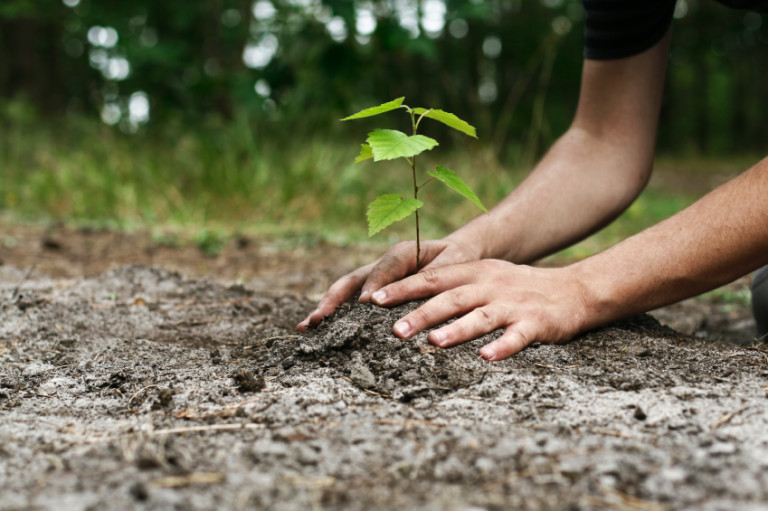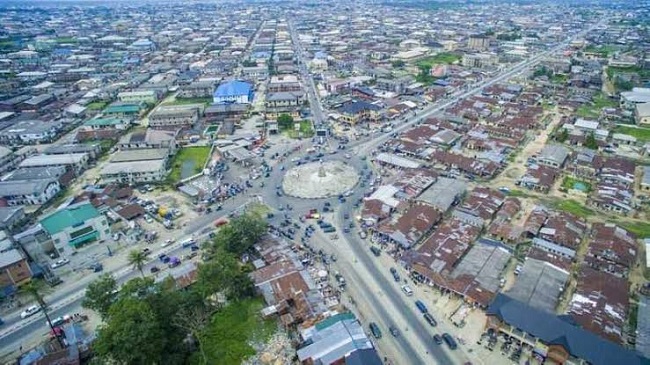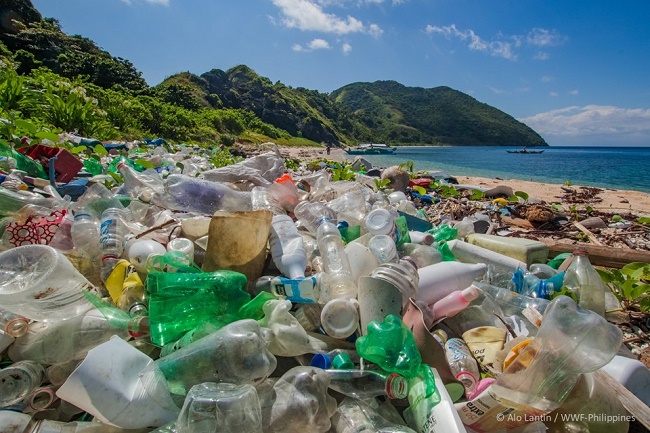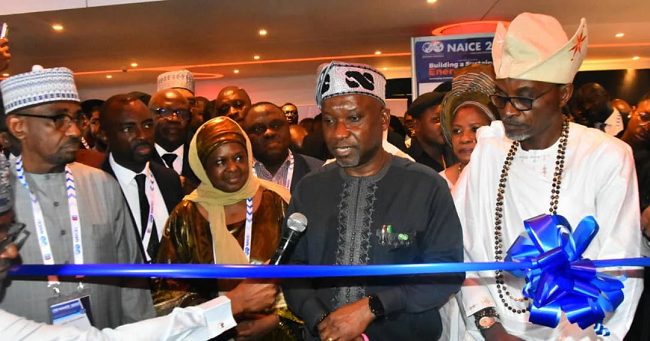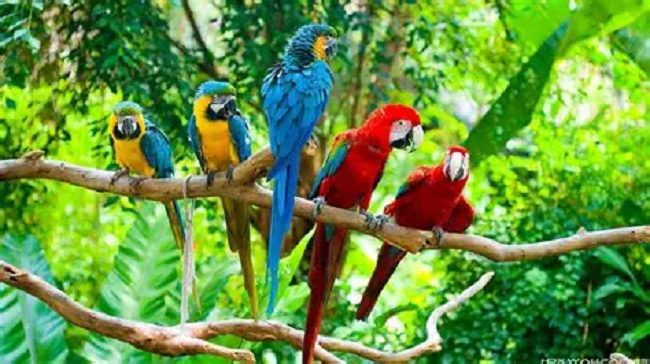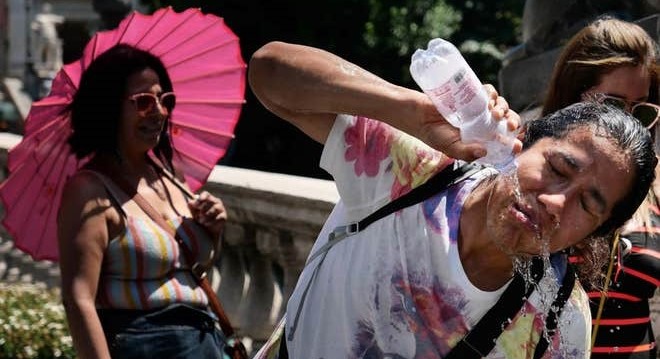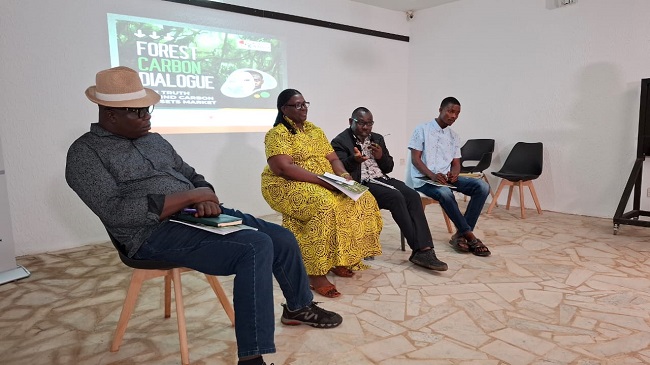A non-governmental organisation, Eco-Citizen Ogoni Initiative (ECOI), has launched an Eco Volunteer Portal to register 560,000 youth volunteers for the takeoff of its planting of 560 million mangrove trees in the deforested Ogoniland, Rivers State.
Launching the portal, www.ecocitizenogoni.org, in Port Harcourt on Tuesday, August 12, coinciding with the International Youth Day 2025, the Coordinator of ECOI in Ogoni, Pastor Nature Dumale, said the youths would be recruited as part of the Global Green Marshalls and would be expected to conclude the project in 2035.
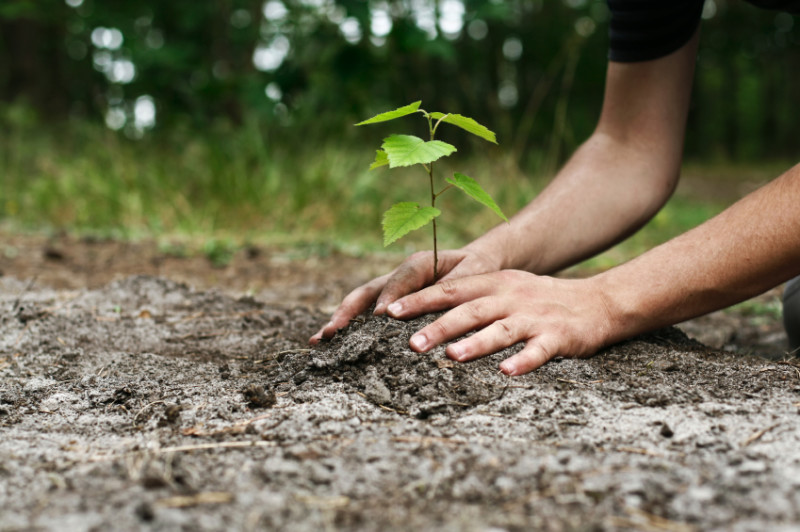
He said: “The groundbreaking digital platform, the Eco-Volunteers Portal, is designed to mobilise and equip 560,000 Ogoni youths as Global Green Goal Marshalls.
“Aligned with this year’s global theme; ‘Local Youth Action for the SDGs and Beyond,’ the platform is a powerful symbol of youth-led transformation at the grassroots, showcasing how Ogoni youths are not only responding to the climate crisis, but reimagining development through community-based action, digital innovation, and regenerative impact.”
Dumale explained that the portal represented a hub for green innovation, civic engagement, and youth-led systems transformation in Ogoniland and beyond, adding that it would activate a bold new architecture for SDG localization, turning ecological restoration into real economic opportunity.
He said the 560,000 trained Eco-Volunteers would be deployed in 56 wards in four local government areas of Ogoni and that the initiative would catalyse over 500,000 green-blue economy jobs in sectors like clean energy, regenerative agriculture, aquaculture, sustainable transport, eco-enterprise, and circular economy innovation.
He noted that the portal would deliver climate-smart, community-led development aligned with SDGs 6, 7, 8, 13, 14, and 15.
“Through real-time dashboards, peer-led learning labs, fellowship placements, mission tracking, and a youth-centered opportunity marketplace, the platform positions Ogoni’s young people as designers and defenders of a just, regenerative future,” he said.
Dumale added: “This portal is our response to history and our bridge to the future. It affirms the role of Ogoni youths not just as volunteers, but as visionaries. They are not waiting for opportunity to arrive, they are building it, one mangrove, one enterprise, one mission at a time.”
He said the portal also signalled a new model for planetary cooperation, rooted in the Global South, adding that with linkages to Africa-wide green youth movements and diaspora innovation networks, it would create a digital commons where local stories could scale global impact.
He said: “The Eco-Volunteers Portal comes at a critical time in Nigeria’s environmental journey, aligning with national climate adaptation goals and the broader vision for a just energy transition. It builds on the momentum of the Hydrocarbon Pollution Remediation Project (HYPREP) while charting a youth-driven pathway to sustainable peace, jobs, and justice.”
In her remarks, Senator Ireti Kingibe, Deputy Chairperson of the Senate Committee on Ecology and Climate Change, said: “We must move from remediation to regeneration and that starts with empowering young people at the frontline.
“This initiative represents a critical shift from extractive development to ecological stewardship. It is not just Ogoni’s future at stake, it is Nigeria’s promise to its youth and its ecosystems.”
Also speaking, Mr. Victor Wilkinson Agih, Global Director of the ECO2RUPPERS Africa Initiative, said: “This is more than a portal. It is a platform for intergenerational equity and distributed leadership.
“From the restoration of degraded ecosystems to the reinvention of livelihoods, this model shows what is possible when youths are not just included, but trusted, trained, and resourced to lead.”
The key features of the platform were listed as digital onboarding of 560,000 Eco-Volunteers; green-blue skills training and micro-credentialing; a project mission dashboard to coordinate SDG action in real time; youth-led enterprise support via funding links and circular marketplaces and inter-ward and diaspora collaboration tools, including challenge campaigns and fellowship.
By Nathan Nwakamma

